KATHMANDU: Rastriya Prajatantra Party (RPP) Chairman Rajendra Lingden has unequivocally denied the possibility of his party extending support to the current government in the Koshi province.
The RPP Chairman made this statement today during a media interaction at the Tribhuvan International Airport upon his return from a diplomatic visit to the United Arab Emirates and Saudi Arabia.
Addressing the media, Lingden stated, “Contrary to various claims, the RPP has not decided to support the ruling alliance in Koshi province, as falsely propagated by certain sources. The procedural window for RPP’s support to the ruling alliance has now elapsed.”
Lingden clarified that reports linking the RPP’s assumption of leadership in the Development and Technology Committee of the Parliament to its purported backing of the ruling alliance in Koshi province were unfounded. He elaborated, “In the current context, obtaining the Speaker’s position in the Koshi Province Assembly does not necessitate any agreements with other parties. When we assumed the leadership of the parliamentary committee, no agreements regarding role exchanges were involved.”
Regarding the political scenario, Lingden disclosed that the RPP had been offered the position of Chief Minister in Koshi province. He elaborated, “Positions such as Speaker and Minister are not top priorities for the RPP at this moment. We have the opportunity to acquire the Chief Minister’s role from the ruling coalition, given the current composition of lawmakers in the Province Assembly.”
In terms of the broader political landscape, Lingden expressed concerns about the government’s apparent disregard for the sentiments of a significant portion of the population. He emphasized, “The nation requires a harmonious coexistence of faiths with equal respect, with the understanding that a Hindu nation can uphold religious and social harmony.”
The RPP’s stance underlines the party’s resolve not to align with the current ruling structure in the Koshi province, further contributing to the dynamic political discourse within Nepal.


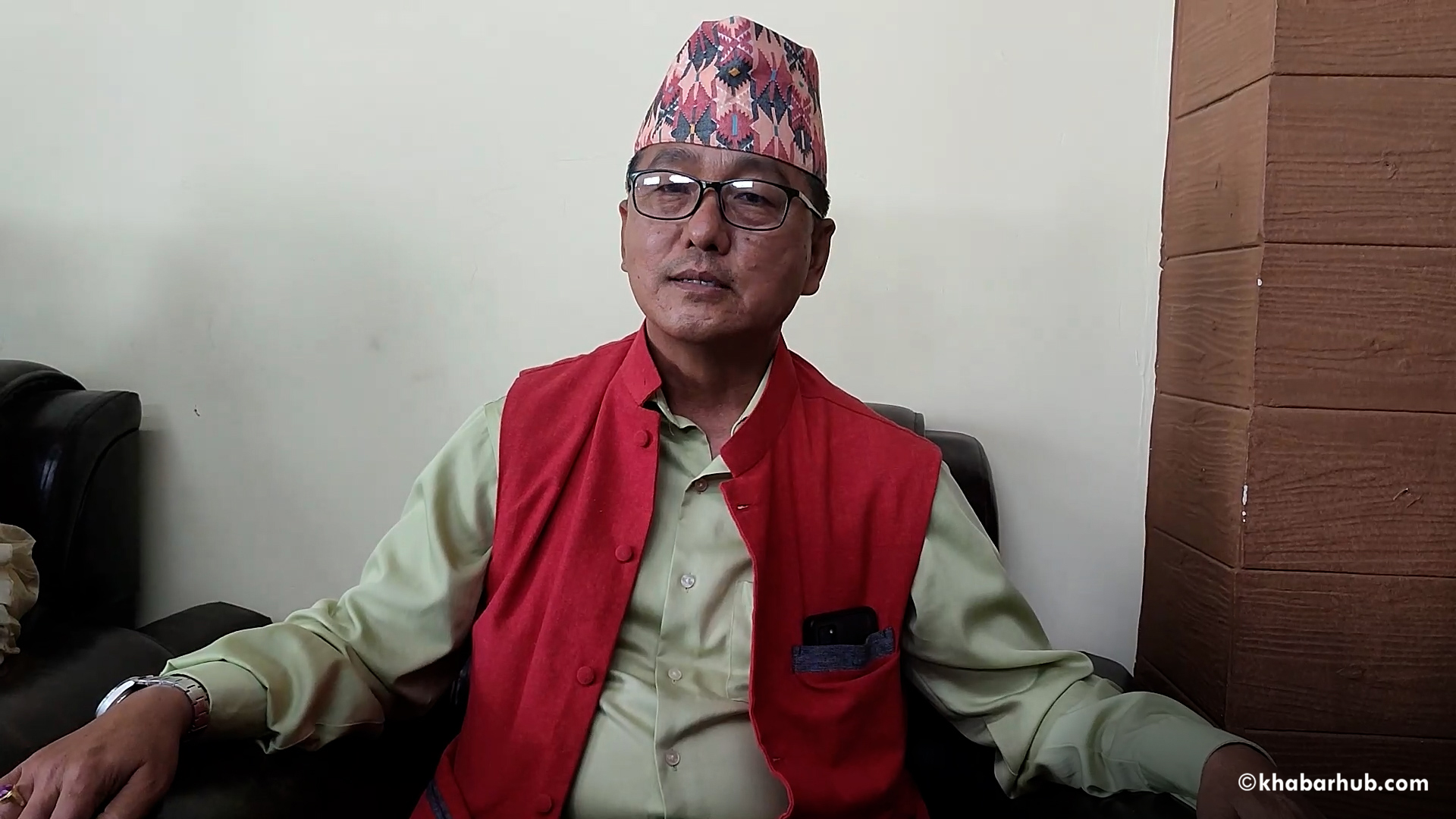
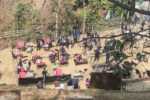
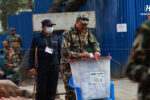
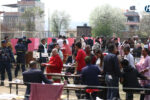
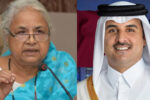

Comment